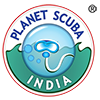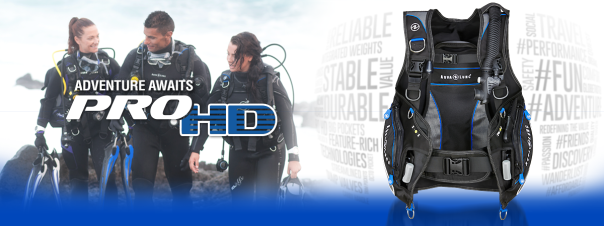By Vandit Kalia, Dive India Scuba & Resorts, Havelock Island
The Aqualung Pro HD BCD is a personal favorite of mine. I owned the previous version of this (Seaquest Pro HD, before they were re-branded) for several years and found it an extremely comfortable jacket-style BCD.
The air pockets have some structure to them, so the air bubbles doesnt move all over the place (as in some other BCDs) and robust tank support and structure in the back means that the tank stays firmly put, without rolling from side to side.
This BCD has integrated weights and one feature i consider near-essental – trim pockets. These are weight pockets located around your shoulders: by storing 1-2 kg there, you can move the center of your buoyancy higher up, which allows you to get a better, neutral trim (in other words, you can hold any body position you want – horizontal or inclined – without any issues).
 This system of distributed weights (2 integrated weight pockets and 2 trim pockets) gives you more ditch options: if you are diving in cold water where you need to plan for the contingency of dropping weights, this gives you more options as compared to a weight belt (which is all or nothing).
This system of distributed weights (2 integrated weight pockets and 2 trim pockets) gives you more ditch options: if you are diving in cold water where you need to plan for the contingency of dropping weights, this gives you more options as compared to a weight belt (which is all or nothing).
The Aqualung Pro HD BCD uses a high-denier fabric, which is more robust, more abrasion-proof and less likely to fade or look raggedy over time. Lastly, the BCD comes with more than enough lift to handle cold water diving as well (13kg of lift for a size M).
And it has more than enough D-rings and attachment points to hold all your accessories. As I mentioned earlier, I used to own this many, many years ago and sold it because i was diving with a tech harness only. In terms of price/performance, this is probably one of the best BCDs in the market today, period.
For more information on Aqua Lung Pro HD BCD, please contact us.
Top 12 Dive sites of Maldives – By Scuba Diver Life
Scuba in the City. Now learn diving in your hometown
Are you ready to take the plunge?
-

(Image courtesy: iStock)
Dive centres in the city offer the Open Water Diver Certification course that is certified by the global governing body, the Professional Association of Diving Instructors (PADI). The course is a three-step programme over 4-5 days, at the end of which you will be certified to dive anywhere in the world.
There are three parts to this program:-
- Knowledge development
- Confined Water Training
- Sea Dives
In Bangalore, PADI Open Water Courses are conducted every weekend by Planet Scuba India. The theory and swimming pool training is held over one weekend and the four mandatory sea dives are held in Goa or a location of your choice on another weekend. Depending on your leave and time available, the program can be customized for you.
In Mumbai, you can learn at the Orca Dive Club from the same instructors who taught Katrina Kaif diving for her role in Zindagi Na Milegi Dobara and Aamir Khan for Dhoom 3. The Orca Dive Club offers a special Junior dive course for divers between the ages of 10 and 15.
Open Water Diver Certification course

The PADI Open Water course comprises three main phases including Knowledge Development (where you will learn all the theory needed to become a PADI Open Water Certified Diver ), Confined Water Dives (where you and a PADI-Certified Scuba Instructor will build upon the knowledge you have gained from the theory sessions during 5 sessions in a swimming pool; you will learn all the skills needed to enable you to proceed to the sea) and Open Water Dives, where you will fully experience the underwater world (Your PADI-Certified Scuba Instructor will lead you on 4 sea dives over 2 days where you will finally show off the skills you have learned in the pool.
The PADI course requires that participants be medically fit, be able to swim (though some courses will teach you this) and be at least 10 years of age.
Advantages to learning in your city – 30% savings

Learning scuba diving in your own city saves you up to 30% in terms of cost; the time you save is of course immeasurable and devoid of potential delays and non-completion, if you were on a beach holiday. The usually limited water skills of most Indians means that you need extra time to become comfortable underwater, something that is either not possible due to prohibitive costs or due to lack of time on a holiday.
Frequently Asked Questions
- What should I bring with me ? Swim wear , Sun Screen , Towel , Sun Glasses
- What if I have a problem with motion sickness ? Speak to your local Pharmacy before your experience , they have various remedies .
- What if I can’t complete my Dives in the 2 Days ? You have 12 months to complete your course ( charges apply )
Best scuba destinations
-

(Image courtesy: iStock)
There are plenty of scuba diving destinations in the world. Tropical diving, which is most popular due to the warmth of the water and beautiful reef systems, happens between the Tropic of Cancer and the Tropic of Capricorn, but there is diving wherever there is a sea. The best known destinations in the world are Southeast Asia (Philippines, Malaysia and Indonesia), Micronesia and island nations around it in the Pacific, Australia, Red Sea (Egypt) (pictured above), South Africa and the Caribbean. They have a very well-developed infrastructure in terms of boats, safety norms, environmental protection and hotel rooms.
Luxury dive holidays

Liveaboards or Luxury Dive Yachts have become a major global trend over the last decade. With the motto – Eat, Sleep and Dive – these Liveaboards reduce a lot of hard work that divers from land-based dive centres have to undertake (carrying equipment, waiting in the boat and walking back after a tiring dive). This is also an ideal solution for quickly increasing room availability in the destinations such as Lakshadweep and Andamans, owing to limited infrastructure and environmental constraints in building new hotels. This has given rise to demand for good infrastructure and new destinations. India is well positioned to capitalise on these.
Diving centres in your city
Bangalore (Planet Scuba India)
- Contact: Madhava Reddy
Mumbai (Orca Dive Club)
- Contact: Anees Adenwala
Delhi (Prafull’s Scuba Diving Academy)
- Contact: info@prafulls.com
Kochi (Neel Underwater Services)
- Contact: Gilbert Antony
Hyderabad (Livein Adventures)
- Contact: Balaram Naidu
Chennai (Chennai Dive Club)
- Contact: John Aj
Pune (Absolute Scuba)
- Contact: Siddharth Pujari
Why You will Love Diving in the Maldives
Courtesy – http://divezone.net/blog/why-you-will-love-diving-in-the-maldives.htm
Maldives features some of the most exquisite marine environments on Earth. Laden with coral reefs and sandy atolls, there is every reason to go on a diving trip to the Maldives.
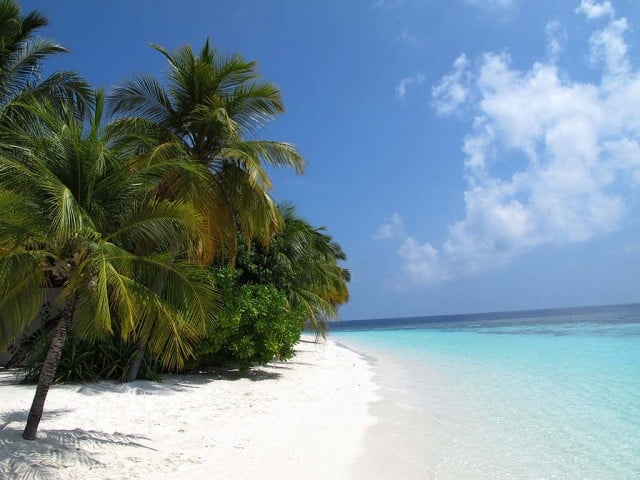
Witnessing the underwater realm of this remote location is a once-in-a-lifetime experience.
The fish species are diverse and coloured in every spectrum. Striped or spotted, there are also many other sea creatures to look out for.
Underwater sea life
The underwater ecology of the Maldives is tremendous. Host to manta, marble and eagle rays, the sea is alive with peaceful sharks of many kinds. Grey reef, nurse and whale are just a few of sharks types that Scuba Divers have the chance to see when diving in the Maldives.
On the seafloor, unique crustaceans and molluscs offer a spectacle of their own: colorful nudibranchs, crabs and shrimps can be spotted in every dive.
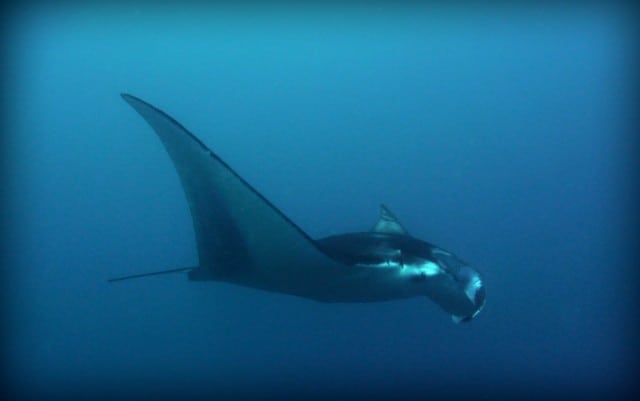
For divers of any level, whether beginner or expert, it is possible to enjoy a holiday in Maldives from an underwater perspective that is second to none.
Liveaboard in the Maldives
Taking a liveaboard trip in the Maldives can fill the mind with beautiful images. Surrounded by quick-moving schools of fish, a feeling of awe is apparent as you immerse yourself in the turquoise waters.
From the north to the south of the atolls, a liveaboard itinerary can provide divers with convenience and comfortable luxury. Enjoy a relaxed trip among the best diving spot in the Maldives.
Your next destination
When booking a vacation in the Maldives, it is best to travel light, and arrange appropriate dive and travel insurance ahead of time. A valid passport is also required for entry into the country.
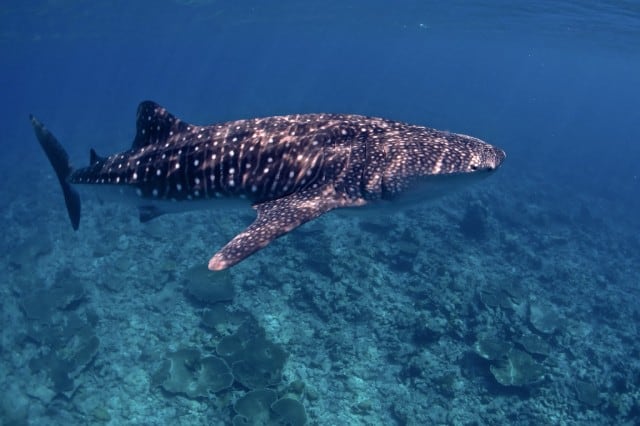
Maldives is a popular dive destination and attracts Scuba Divers from all over the world. As remote as it may seem, its international airport connects with flights from Europe, US, and Asia on a regular basis. Domestic flights are also scheduled and are a reliable means of transferring divers to their next adventure.
This guest post has been writtent by Sandro LONARDI on http://divezone.net/blog/
Scuba Diving in Bangalore
Planet Scuba India provides people of Bangalore scuba diving training at their doorstep. India’s first Inland Scuba Diving School, at a place where there is no sea, provides enthusiasts the convenience of learning scuba diving without missing out on their holidays when on a beach.
Planet Scuba India offers diving courses and experiences designed and provided by the Professional Association of Diving Instructors (PADI). PADI certifications account for around 75% of the world market and are renowned for the quality of their training materials and proven teaching methods.
Our Instructors have been trained to the rigorous PADI standards over many months or years to ensure that you receive the safest, most educationally rewarding and most enjoyable experience possible.
All PADI certifications are valid for life and are your passport to taking part in the most exciting adventure sport that there is. Whatever your interest in the underwater world, there is a PADI course for you.
